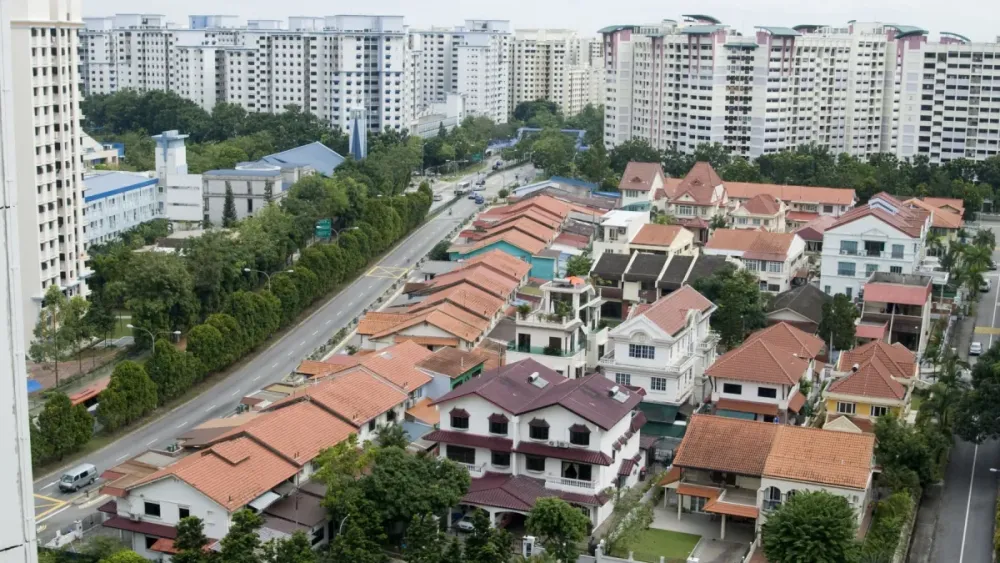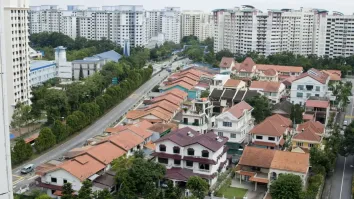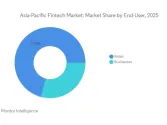
The 5 stages of Hong Kong's bubble trouble
Find out at which stage Hong Kong is in now.
According to Barclays, the Kindleberger/Minsky model of financial bubbles suggests that every bubble goes through five specific stages: displacement, credit creation, euphoria, financial distress and finally revulsion.
Here's more from Barclays:
The displacement stage is typically caused by an external shock that provides a profitable investment opportunity. For Hong Kong, the financial crisis and the lowering of US interest rates to zero, transmitted via the HK/US$ peg, provided a profitable opportunity to invest in an undersupplied, inflationary property market.
In the second stage, credit creation/monetary expansion extends the investment-driven boom, with higher prices encouraging yet more investment. This stage reflects the excessive low mortgage rates offered by Hong Kong banks through HIBOR-based mortgage pricing, which encouraged home buyers to gear up in order to pay ever higher prices.
Over the 27 months from March 2009 to June 2011mortgage debt expanded by 34%, while property prices rose 78% over the same period. The mortgage debt-to-income multiple for a typical first- time buyer expanded from 6.5x in 2006 to 9.1x by 1H11 as interest rates fell and borrowing capacity increased to support higher property prices.
Recently, the property cycle appears to have entered the euphoria stage, charaterised by momentum trading, an over-estimation of prospective returns and higher prices encouraging more demand. Liquidity has simply been washing over fundamentals; witness the extent to which special stamp duty has done little to deter investors from the property market.
In addition, the reaction to recent government measures has not been concern about price falls, but about loopholes in the measures that would allow more money to flow into the property market. It is fair to say that the sentiment of the ‘speculative investment crowd’ is clearly for higher property prices as evident from the money currently flowing into the less regulated areas of the market such as car parking spaces and strata commercial property.
How long this stage of the bubble cycle lasts is difficult to determine. There is little evidence at the moment of a catalyst to trigger a house price correction; owners are simply not selling in the face of weaker demand. There are limited alternative investment opportunities and home owners are not under financial pressure. The low secondary market supply and the wait-and-see approach among developers for primary launches should support the market in the short-term, in our opinion.
Yet the past triggers for a correction are varied, we believe, ranging from a political crisis in 1989, to interest rate increases in 1994, to a currency crisis in 1997 and to the SARS epidemic in 2003. At elevated price levels, with a large proportion of investors that think of their properties as liquid assets, house prices simply become increasingly unstable and vulnerable to external shocks.
The most obvious trigger for a major correction – one which would encourage speculative property investors to sell – is an actual or expected material rise in US interest rates. For the moment, despite the more positive macro data, this remains unlikely in the near term, unless debt concerns and the fiscal cliff encourage markets to do the Fed’s work.
Although largely dismissed, the cumulative effect of current and further government measures in the face of rising prices, could sufficiently constrain speculative/investment demand at a time of increasing supply at the bottom of the market. This is of course a nonconsensus view, given the failure of government measures to so far reign in property price increases.
Yet we believe the government is now committed to raising the tax rates of the Buyers Stamp Duty and Special Stamp Duties if prices continue to rise and limiting the flow of excess liquidity into the property market. Housing policy and social policy are inextricably intertwined and the government, in our view, increasingly recognises the need for an element of wealth redistribution across society.



















 Advertise
Advertise







